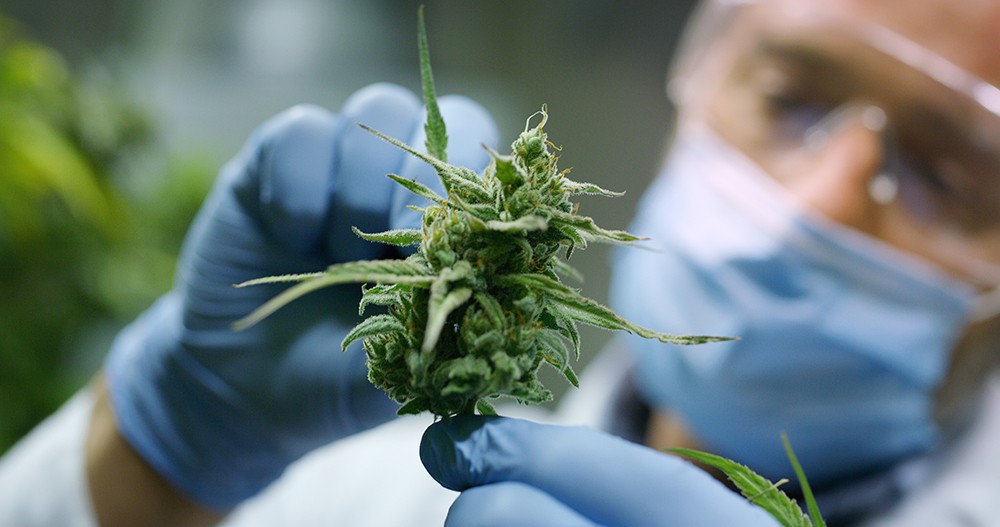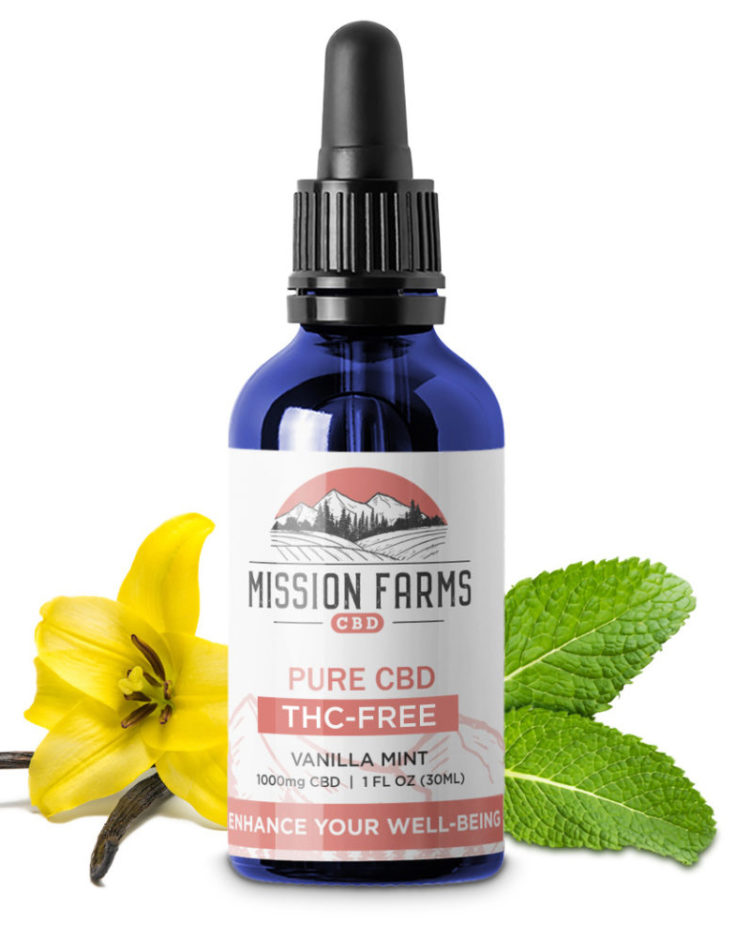
John Walsh visited a group of California weed nuns and discovered that they weren’t just stoners, but also political and spiritual activists. They were warm and welcoming, and they spoke freely about marijuana and politics. In his photo series, he captures nuns in hazy lighting, carrying bags of marijuana, salves, and weed, as they exhale after a long day of work. Others show nuns tending medicinal herbs and making golden oil in their crockpots. These images remind us of old-school alchemists and defy the stereotypes of stoners.
Sisters of the Valley
Sisters of the Valley isn't your typical nuns. They grow hemp marijuana plants with low THC levels and turn them into products with medicinal properties. Sisters of the Valley have been known for selling their goods on Etsy, and even their own website. California legalized marijuana as a medical drug in 1996. It is also legal for recreational use in many states. Sisters of the Valley are a great example of a religious group that has included activists and artists into its practices.
Sisters of the Valley represent a modernized version of the ancient Beguines. These were female healers who lived as a community in the 12th centuries. They practiced herbal medicine. However, their practice was often stigmatized by the dark ages. Sisters of the Valley are working to remove the stigma surrounding cannabis medicine.

Sister Kate
Sister Kate, the Weed Nuns' name is misleading. She is not a monk in the traditional sense. Her background is in Internet and telecommunications, and she eventually gave up her job to become a single mom. After years of experience in deregulating business, she decided to explore the new cannabis industry. She founded a non-profit cannabis collective in 2009 to offer medical marijuana to the terminally ill.
California has a large following for the nuns involved in medical marijuana. They cultivate hemp marijuana plants with low THC content, and make cannabis-based products that benefit patients' health. They pray for the blessing of cannabis plants, lighting sages and singing hymns.
Sister Darcey
California's Weed Nuns is a religious order made up of women who make their own cannabis medicines. The sisters prepare the marijuana medicine in crockpots in their kitchens, where it's infused with low levels of tetrahydrocannabinol, the psychoactive component of marijuana. They pray before they give their products out to the customers.
The nuns are able to grow marijuana with low levels, but high levels, of THC. They also sell their goods via their Etsy shop. Although legal for marijuana to be used in their gardens, many states prohibit it from being consumed in any form. Sister Darcey hopes to make a positive impact on society through her followers.

Sister Christine Meeusen
What is it like to be a weed nun. Sister Christine Meeusen in Merced is a revolutionary figure. But, this isn't the first time she has done so. The self-declared nun was born in the Midwest. She moved to California to set up a marijuana farming farm. Millions around the world have been fascinated by her story.
A weed-nun is a nun who plants cannabis for medical reasons. She grows her own cannabis plants and makes CBD-infused edibles, topicals, and other products. Her mission in life is to educate others about the health benefits of cannabis. Her products can be purchased by patients with a wide range of ailments, such as a chronic inflammatory condition or an average headache.
FAQ
Where can you buy CBD products
CBD can also be purchased at your local store or online. Online retailers are more likely to offer you better deals. Many websites sell CBD products made with industrial hemp. The THC content is less than 0.3%.
If you prefer to shop locally, look for brick-and-mortar businesses that specialize in selling CBD products.
Many states allow CBD products to legally be bought without prescription. CBD products can be purchased at your local pharmacy in some states if you are one of them.
CBD products could even be delivered to your home.
Is CBD growing?
The answer is yes! As legalization spreads throughout North America, this growth is expected continue. Canada, which legalized recreational cannabis, has passed several medical marijuana laws.
This trend will likely continue for at least another decade as more states pass legislation allowing access to medicinal marijuana.
Legalizing marijuana is also a good economic decision. Legalizing pot has many other advantages, including a new market that is lucrative for farmers.
It could help decrease crime rates by reducing illegal drug availability. It could also provide a source of tax revenue for governments.
People will likely choose to consume less alcohol as they become more comfortable with legal marijuana. This would result in fewer hangovers, and lower healthcare costs.
People with chronic pain may also find marijuana to improve their quality life. Many people believe that THC, the active ingredient in marijuana can relieve nausea and muscle spasms caused by chemotherapy.
The use of marijuana may be a useful tool in treating mental illness such as anxiety and depression. Some studies even suggest that marijuana may be able to treat schizophrenia.
Even though the CBD sector looks bright, there are still many challenges.
Which states are the biggest consumers of CBD?
California, Colorado, Oregon, and Washington are the three top states. These states have large populations and high incomes with low unemployment. They also have higher levels of hemp farming than other states.
California leads because its economy relies heavily on agriculture. It produces much of the nation's fruits and vegetables. This makes sense since cannabis is derived from the same plant as hemp.
Oregon and Colorado are closely followed by Oregon, both of which produce marijuana for medical use. California does not allow for recreational use.
Other high-ranking states include Washington, New York and Florida.
How much CBD should I use?
It all depends on the product you're purchasing.
CBD oils come in a variety of strengths, ranging from 100mg-1000mg per bottle.
Some companies make CBD products with specific dosages, such as 25mg, 50mg, 75mg, and 100mg.
Charlotte's Web, for example, makes CBD products that contain precise amounts of CBD.
Begin with a low dose if you're not sure whether CBD will work.
You can always climb higher.
How can CBD products successfully be marketed by companies in compliance with regulations?
The FDA does not regulate hemp for its agricultural commodities. However, the agency regulates all other cannabis derivatives (e.g., marijuana) under the Controlled Substances Act. CBD is not covered by any regulations.
CBD is legal in 29 states. However it is still illegal under federal law. Businesses looking to sell CBD products are left in uncertainty.
The FDA also has guidelines for how CBD products should be advertised. To make sure that CBD products are clearly disclosed about their THC content, the FDA has established strict guidelines. Companies cannot claim CBD is effective in treating certain medical conditions without supporting evidence.
Additional information is required by the FDA regarding manufacturers' manufacturing practices, quality control measures, and other details. To demonstrate safety and efficacy, the FDA requires companies to perform clinical trials.
These are important considerations for companies when creating their marketing strategies.
What does CBD's price vary in different states?
Prices for CBD products vary widely depending on where you live. Prices can vary by as much as ten times depending on where you live.
Prices tend to increase as you move further north. For example, in Alaska, CBD costs an average of $35 per gram, while in Hawaii, it costs around $200 per gram.
This trend is continuing across the country. Prices for grams range from $5 to $2,500.
Why is it happening?
One reason why prices vary so much is because of the varying levels of regulation. Some states require that all CBD products contain very little THC (the psychoactive component of marijuana). Others do not care about the level of THC.
Because of this, some companies choose to sell their products in one state and then ship them to another state.
Statistics
- OralWhere HED is the human equivalent dose, and Km is a correction factor estimated by dividing the average body mass (BM) of the species (60, 0.020, and 0.150 kg for 11 humans, mice, and rats, respectively) and by its surface area (see: Nair et al. (ncbi.nlm.nih.gov)
- CBD seems unlikely to directly influence sleep in healthy humans [115] (and maybe “sleep-promoting” in those with certain comorbid conditions) (ncbi.nlm.nih.gov)
- As a substance that was federally illegal before the passage of the 2018 Farm Bill, hemp-derived cannabinoids with no more than 0.3% THC still face a regulatory grey area. (forbes.com)
- A recent study [161] also found that in vitro CBD treatment (i.e., ≤ 2 h exposure to 10 μM) induced ~40% vasorelaxation in isolated (pre-constricted) (ncbi.nlm.nih.gov)
- The inhibition of FAAH is predicted to lead to an increase in brain and plasma concentrations of AEA, which acts as a partial agonist at CB1R and CB2R, thereby increasing endocannabinoid tone [92, 110]. (ncbi.nlm.nih.gov)
External Links
How To
How to Get Certified for Selling CBD Products
CBD (cannabidiol), is one of hundreds of cannabinoids in cannabis plants. It's been used medicinally throughout history, including traditionally in China, India, and many South American countries. Because it can treat conditions such as anxiety, pain, epilepsy and inflammation, CBD has seen a rise in popularity over the years. If you're looking to sell CBD products, however, there isn't an official certification program. At least not in the U.S.
There are two ways to go about this. First, join a local canna-business owner association. This will allow you to share your knowledge with others, as well as receive advice and support. There are many associations in the country. You can also go online and start your own business. Most states now allow canna-businesses to operate online. If your state allows online canna-businesses, you can immediately set up a website and begin accepting orders. However, you must still register with your state's Department of Public Health. After you have registered, you can apply for a license from your state's Department of Public Health. Once you have your license, it is legal to open your shop and accept orders.